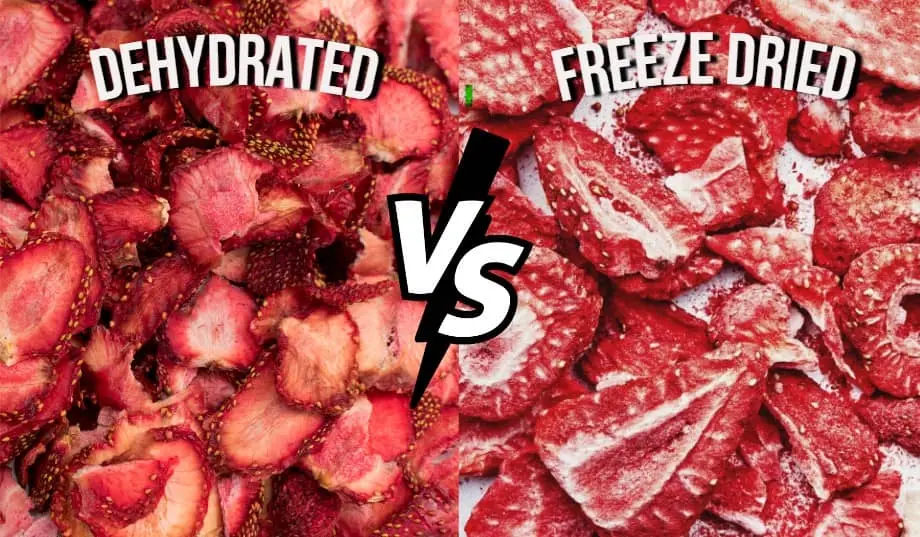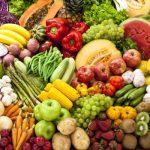There’s a genuinely normal confusion that the expressions “dried out food” and “freeze-dried food” are something very similar, however they are not. Realizing the distinction helps while choosing how to store and safeguard nourishment for your loved ones.
History of Dried Food sources With a drawn out food conservation, dampness should be eliminated from the food. Old civic establishments found this and fostered the early frameworks for drying food sources that we actually use today.
Getting dried out is said to have been practically speaking since 12,000 B.C. Romans and other Center Eastern populaces would dry products of the soil in “still houses,” utilizing fire to dry out and smoke the food sources.
By correlation, freeze-drying is a generally present day process, the freeze-drying process was first successfully utilized during The Second Great War as a method for saving blood plasma, medication, and in the end nourishment for the soldiers.
The Contrast Among Getting dried out and Freeze Drying The fundamental goal with food protection is to eliminate dampness so it doesn’t disintegrate or develop microbes and shape. Doing that without obliterating the food’s essential creation adds to both time span of usability and the dietary benefit of the food.
Parchedness in ineffectively assembled dehydrators eliminates around 70% of the water. In this present circumstance the food is just really great for a couple of months. Home freeze drying with Gather Right eliminates the vast majority of the water. Most home got dried out items like dried natural product, meat, and vegetables have a timeframe of realistic usability of 1 year or less. Those equivalent food varieties safeguarded with a freeze dryer have a 15 to long term timeframe of realistic usability.
Freeze dried food ordinarily holds 97% of its nourishment due to the “cool, vacuum” process that is utilized to separate the water. While, the dietary benefit of got dried out food is for the most part around 60% of identical new food. This misfortune is to a great extent because of the intensity utilized during drying out what separates the food’s nutrients and minerals.
An intriguing part of freeze drying is that it doesn’t change the look or the flavor of the food. On the off chance that you freeze dry a turkey supper that incorporates enormous cuts of turkey, pureed potatoes, sauce, stuffing, and corn, when it is rehydrated and prepared to eat, it will taste equivalent to assuming that you had quite recently made the supper. It is awesome. Also, that could be 10 years after you freeze dried the feast.
Another distinction is weight. Freeze-dried food sources gauge significantly not exactly dried out food varieties, which makes them simpler to convey and store. This is particularly significant while setting up camp or climbing.
Why You Ought to Pick Freeze Drying Maybe the best contention for freeze-drying is assortment. Practically any food can be freeze-dried for conservation and food stockpiling. Meats, organic products, vegetables, treats — even full feasts. Furthermore, freeze dried dinners, meats, dairy, eggs, and vegetables rehydrate rapidly, at times immediately.
You can freeze-dry curds and store it without refrigeration — harsh cream as well. Fried eggs with cheddar? Don’t worry about it! Freeze drying is the most ideal way to safeguard and store dairy and eggs. Getting dried out these foods is truly challenging.
Freeze-dried food sources rehydrate quicker and furthermore hold their unique shape, surface, and variety. A far more noteworthy assortment of food sources can be freeze dried than can be dried out. Envision attempting to utilize a home dehydrator to protect a frozen yogurt sandwich, a crude egg, or cheddar. It would crash and burn with a vengeance. Not so assuming freeze dried.


